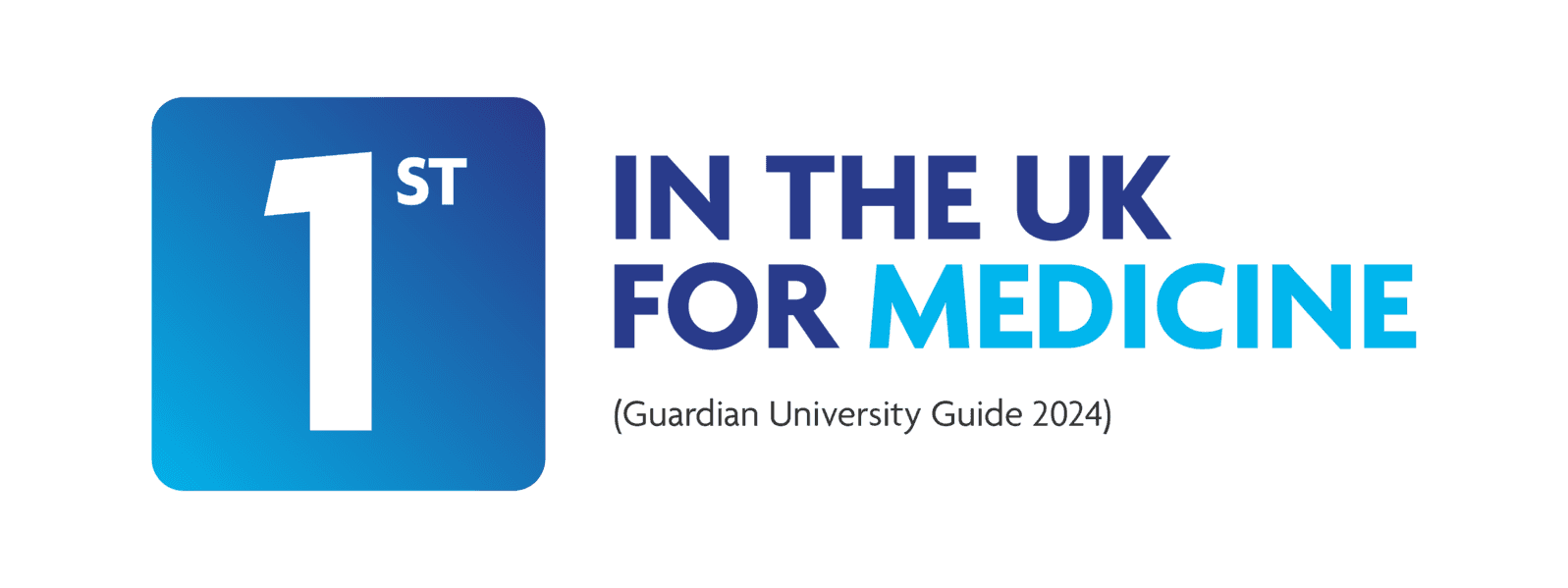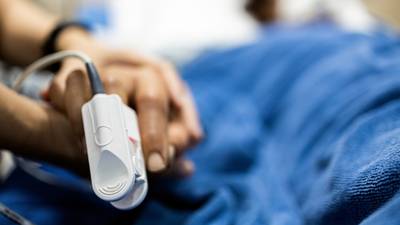Online healthcare education degrees
3 results
Learn to develop, deliver, and research first-class clinical education.
Study flexibly with our part-time online qualifications, and earn a postgraduate certificate (PgCert), postgraduate diploma (PgDip), or Masters degree.
- Gain healthcare education certification while you work.
- Our flexible part-time courses allow you to continue to work full-time.
- Pay-per-term fees help you spread the cost.
Healthcare education short courses
5 results
Use our short medical education courses to:
- gain postgraduate medical training while you work
- learn online, on-campus and on-the-job with healthcare education experts
- earn credits towards an MSc in Advanced Clinical Practice.
Progress your career in medical education. Find your first course to get started.

Join one of the UK’s best medical schools
We’ve been ranked first in the UK for Medicine by the Guardian University Guide 2024.
Why choose us for postgraduate medical training?
Outstanding expertise
We’ve been teaching Medicine here for over 500 years. You’ll be joining an ancient UK university, founded in 1495.
Medical education driven by research
We’re proudly home to the largest and most prolific healthcare education research group in the UK.
Our Centre for Healthcare Education Research and Innovation (CHERI) ensures your teaching is delivered at the forefront of medical education. Find out more about CHERI’s research.
Healthcare education funding
Cut the cost of your healthcare studies with our range of medical education funding and discounts.

10% NHS discount
All NHS staff receive 10% off postgraduate taught short courses, certificates, diplomas and degrees offered by our School of Medicine, Medical Science and Nutrition.

20% Alumni discount
University of Aberdeen graduates receive 20% off fees for our postgraduate taught short courses, certificates, diplomas and degrees.
Healthcare education careers
Get ready to enhance and advance clinical education practice, wherever you work.
Our online and blended healthcare education courses can help you to progress within a range of healthcare professions.
Graduates of our MSc Clinical Education have gone on to develop as educators in a variety of roles, including Lecturers in Medical Education, Clinical Supervisors, and Simulation Faculty.
Career opportunities include:
- Further study (PhD)
- Clinical academic jobs in universities (Lecturer, Researcher)
- Clinical educational roles, including those requiring recognition and approval by the General Medical Council (Educational Supervisor)
- Lead roles (Director of Medical Education, Training Programme Director)
Study clinical education on campus instead
Alongside our blended learning and online courses and degrees, we offer lots of postgraduate on-campus options for those interested in healthcare education and research.
Explore our fantastic facilities
Choose an on-campus or blended course and you’ll join us at our Foresterhill Health Campus in Aberdeen. It’s one of the largest health campuses in Europe.
It’s a joint site for the University of Aberdeen and NHS Grampian.
Foresterhill is home to our outstanding medical school, a large teaching hospital, maternity and children’s hospitals, and the Rowett Institute for Nutrition.










